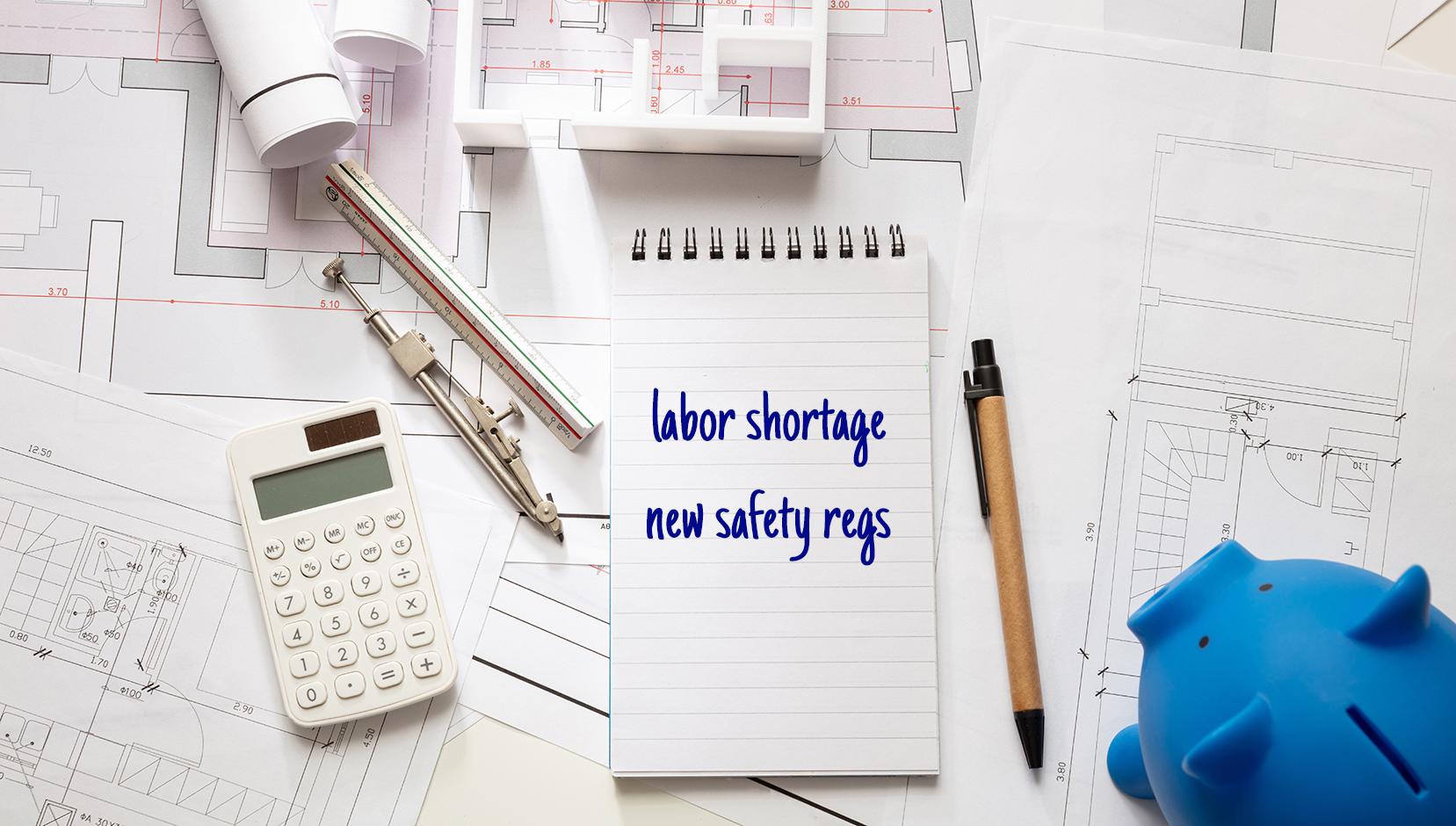In the world of commercial and industrial construction, project delays and cost overruns are common occurrences that can significantly impact profitability, client relationships, and a company’s reputation.
This article explores effective strategies for dealing with these issues, helping project managers and stakeholders navigate the management of construction projects.
Understanding Common Causes
Before diving into solutions, it’s crucial to understand the common causes of delays and cost overruns:
- Poor planning and scheduling
- Unexpected site conditions
- Design changes and scope creep
- Weather-related issues
- Supply chain disruptions
- Labor shortages or productivity issues
- Permitting and regulatory challenges
Proactive Strategies for Prevention
Importance of Preconstruction Planning
Expertise and technology are key to preconstruction planning:
- Geotechnical investigations and sit surveys
- Facilitate value engineering analysis
- Realistic scheduling with built-in contingencies
- Thorough risk assessments
- Early engagement with key stakeholders and subcontractors
- Bid package control (bid leveling)
- Facilitate bidding process (competitive or negotiated) with contractor recommendations
- Contract consulting
- Execution of the right contract

Implement Robust Project Management Systems
Utilize streamlined systems, tools, and methodologies:
- Implement Building Information Modeling (BIM)
Studies have shown that around 30% of the work performed by construction companies is rework accounting for 5% of a project’s contract value on average. BIM technology helps to combat rework and cost overruns by giving reliable access to 3D models. Also, BIM helps in identifying areas where you can reduce waste or make design choices that will reduce overall building costs. - Use real-time project management software for improved communication and tracking
- Adopt integrated project delivery (IPD) or lean construction principles
Establish Clear Communication Channels
Effective communication and collaboration with all stakeholders are necessary to prevent misunderstandings that lead to delays:
- Regular project meetings
- Clear documentation of decisions and changes
- Defined project goals and responsibilities of each stakeholder
- Established protocols for reporting issues and seeking approvals
Due Diligence
Be prepared ahead of time to structure an offer that makes good business sense.
- Verify past performance and financial stability of project partners
- Determine the physical and financial condition of the property
- Understand the area the property is in and any land restrictions

Reactive Strategies for Mitigation
Early Detection and Swift Action
Despite best efforts, issues may still arise. Here’s how to plan and oversee them effectively:
Implement early warning systems to identify potential delays or cost overruns
- Develop contingency plans for potential disruptions, such as adverse weather conditions, supply chain disruptions, labor shortages, or regulatory changes
- Conduct root cause analysis to prevent recurrence
- Set aside contingency funds to cover unexpected costs and delays
- Establish quality control measures to minimize the risk of defects, rework, and safety hazards
- Prioritize safety protocols and compliance
- Utilize insurance policies, performance bonds, and indemnification clauses to transfer specific risks to third parties
- Leverage technology to improve project visibility, efficiency, and decision-making
- Stay updated on relevant legal and regulatory requirements, including zoning laws, environmental regulations, building codes, and permitting processes, to ensure compliance and avoid costly delays or penalties.
Flexible Problem-Solving
- Be prepared to adjust schedules and reallocate resources
- Consider alternative types of products to overcome obstacles
- Reuse electronic equipment from decommissioned sites
- Procure materials ahead of time depending on storage availability and costs
- Engage in collaborative problem-solving with all stakeholders
Transparent Communication with Clients
- Keep clients informed of challenges and proposed solutions
- Provide regular, honest updates on project status and potential impacts
- Work collaboratively to find mutually acceptable solutions
Careful Documentation
- Maintain detailed records of all delays, their causes, and mitigation efforts
- Document all additional costs and their justifications
- This information is crucial for potential claims or disputes
Review and Renegotiate Contracts
- When significant changes occur, review contracts for relief clauses
- Be prepared to renegotiate terms if necessary, focusing on fair solutions for all parties
- Include a material escalation clause in contracts to protect against price surges and this also absorbs a cost increase for materials that could hurt the profit margin of a project
- Include provisions for the safety and security of electronic data that is shared in contracts to reduce the threat of cybersecurity exposure
Long-Term Strategies for Improvement
Learn from each project to continuously improve:
- Conduct thorough post-project reviews
- Implement lessons learned into future project planning
- Invest in ongoing training and development for project teams
- Stay updated on industry best practices and emerging technologies
In conclusion, by embracing these principles, construction professionals can navigate the complexities of their projects more successfully, delivering value to clients while maintaining profitability and reputation.
If you would like more information on how KBCm Group’s construction management services can benefit your operations, reach out to Skyler at 940-366-2231.




